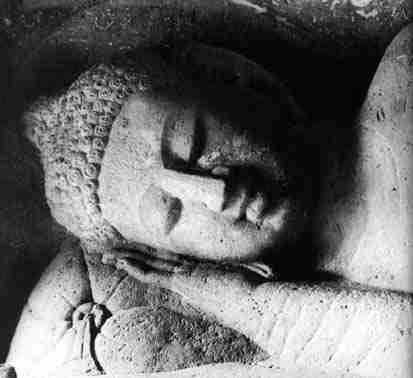
Toward a Synthesis of Insight
The discussion below will treat the question what counts as empirical knowledge, and whether extending its definition can influence empirical pursuits in a fruitful way.

The discussion below will treat the question what counts as empirical knowledge, and whether extending its definition can influence empirical pursuits in a fruitful way.

Under the ideological banner of freedom nations have been built and intellectual revolutions took place. Under the same banner slavery and racial segregation in most

There has been one particular aspect at the core of Buddhist philosophy whose logic I have felt uncomfortable with from the very beginning. I hoped

English vocabulary has the word “freethinker,” which the New Oxford American Dictionary defines as: “a person who rejects accepted opinions, esp. those concerning religious belief.”

This article develops on some of the points made in my previous discussion on Yogacara Buddhism’s philosophy of language. Last week I explained that in

When as an undergraduate philosophy student, I was to write on the concept of self-identity, naturally my thoughts traversed the extensive literature covering the topic

The title seems obvious enough. That’s why a closer look at the phenomenon of potential misidentification of authoritative figures will be treated here, the mechanisms

Problems with bivalent logic The father of classical logic in the Western tradition, Aristotle, had already noticed that in order to save the law of excluded

David L. McMahan, 2008, Oxford University Press David L. McMahan’s book The Making of Buddhist Modernism is a study of the new modes of discourse

Buddhism is a vast religious and philosophical organism that has breathed 2,600 years of history. It gave birth to the oldest religious institution in the